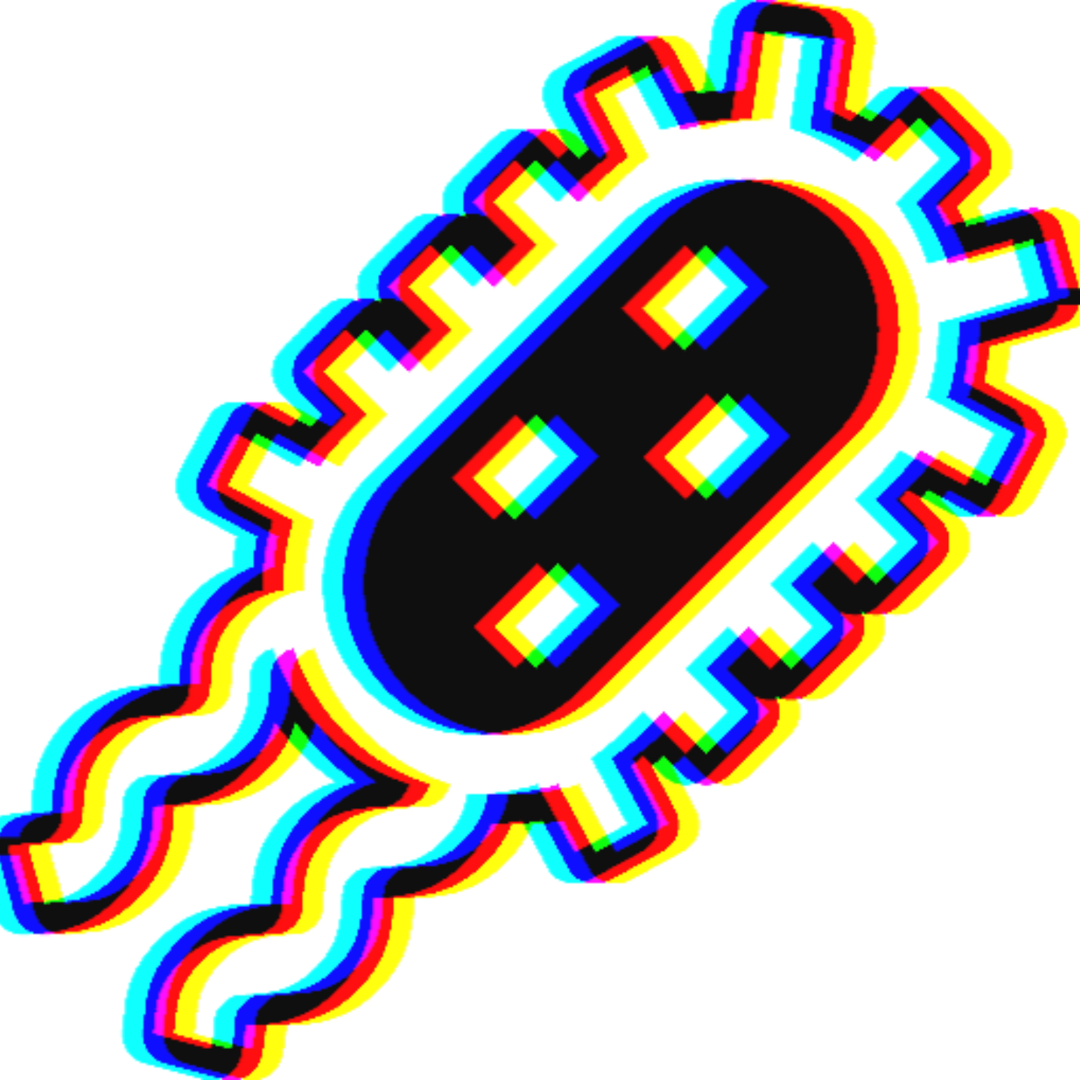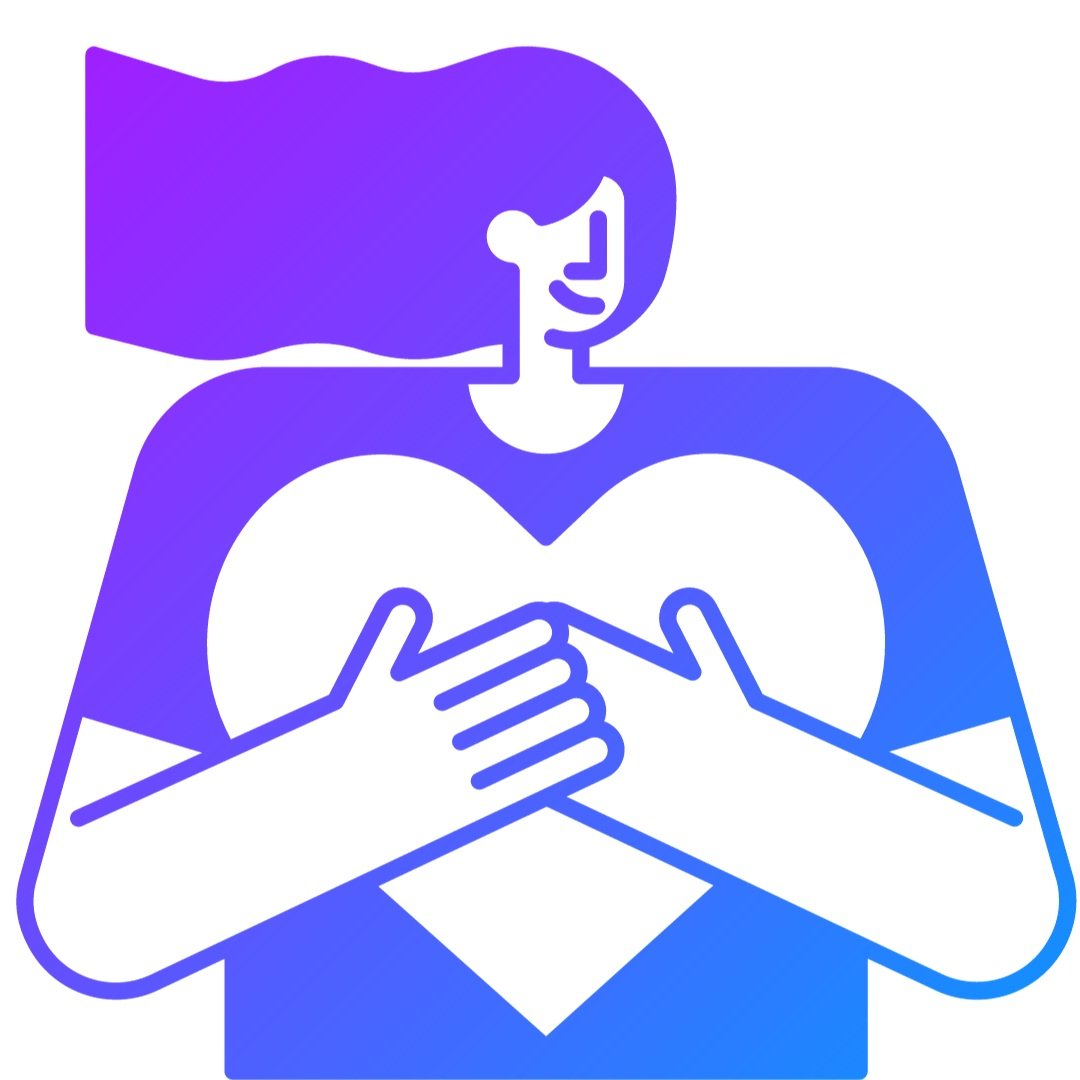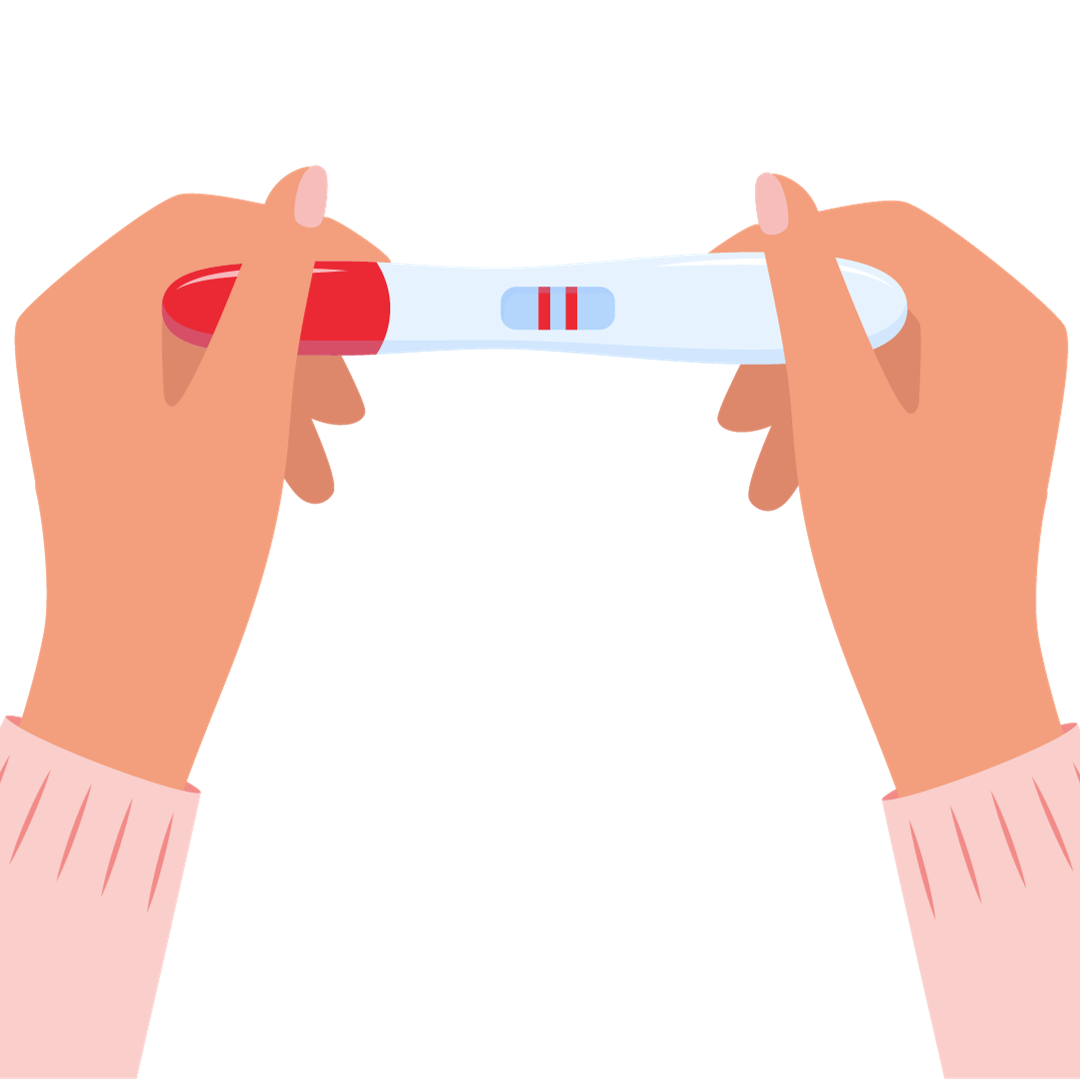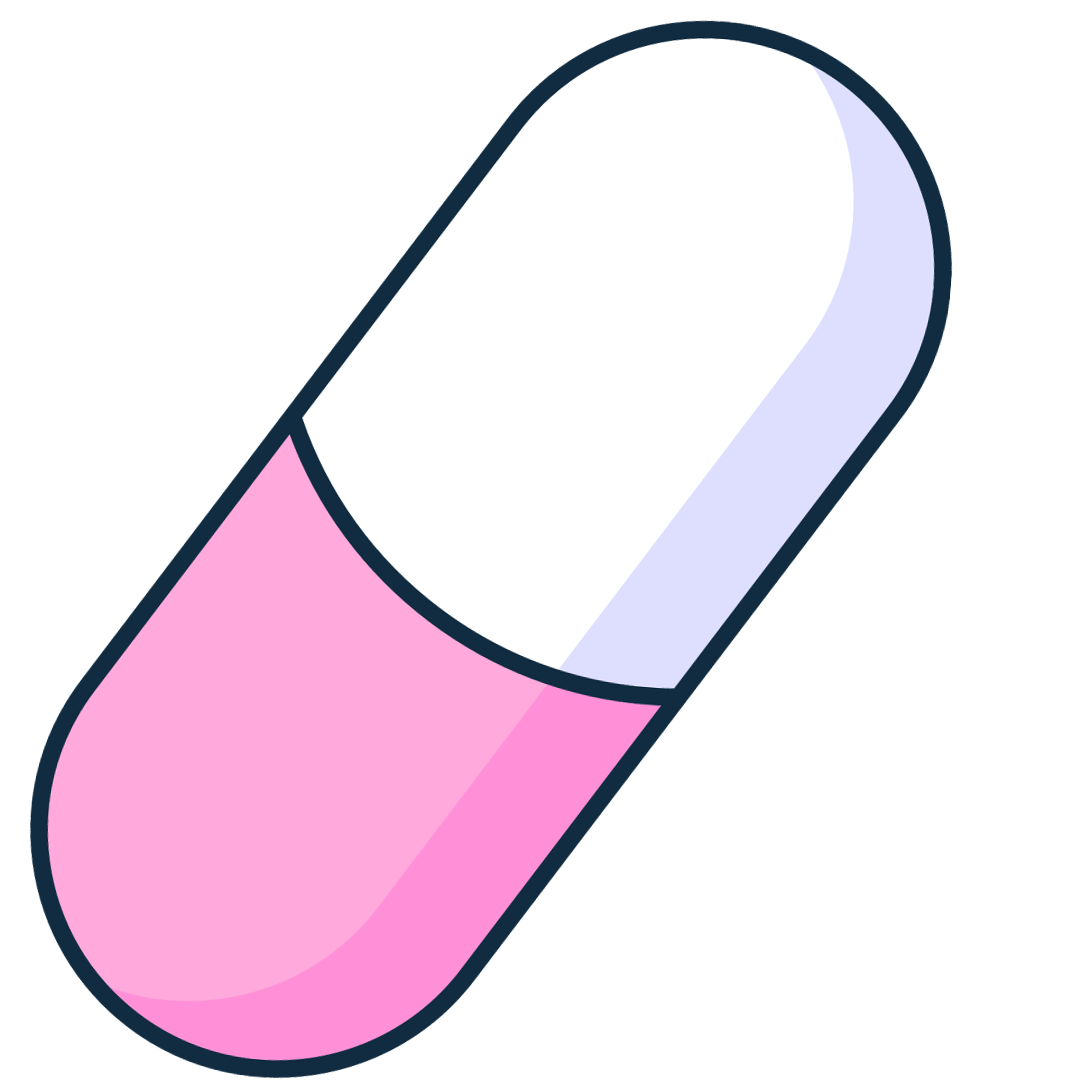Your Sexual Health
To lead a positive sexual life, it’s important to have full and non-biased information about your sexual health, wellbeing and sexuality.
Learn more about different STIs, living with HIV, consent, different methos of contraception, pregnancy, effects of alcohol and drugs on your sexual health and more.
Sexually Transmitted Infections
When you have a sexual contact there is a risk of you picking up a sexually transmitted infection (STI) from your partner. In fact, 1 in 2 sexually active young people will get an STI by the age of 25, and most won’t even know it.
STIs are currently on the rise in Ireland. There has been a 6.2% increase in 2021 compared to 2022, with people aged between 20-24 and men who have sex with men (MSM) being at the greatest risk. To be safe, you need to have all the facts and know how to protect yourself.
Alcohol, Drugs and Sexual Health
Drugs, including alcohol, can have a significant effect on the individual’s sexual health and wellbeing. Learn about the things to keep in mind and potential consequences.
HIV
Being diagnosed with HIV can be daunting, but it’s important to remember that you don’t have to deal with it alone. There is a variety of options for both medical and emotional support available to get you through this difficult time. There’s currently no cure for HIV, but there are very effective drug treatments that enable most people with the virus to live a long and healthy life. Learn more about managing your condition, available support services and important first steps.
Relationships and Sex for Teens
Learn more about sexual relationships and people you can talk to about them.
Pregnancy
There are two kinds of pregnancies – one is when you are consciously trying to have a baby and the other is when it happens unintentionally, without you planning for it. Learn more about planned and unplanned pregnancy, useful tips and your options.
Consent
Sexual consent is an agreement to participate in a sexual activity. Before engaging in the sexual activity with someone, you need to know if the feeling is mutual and they want to engage in it with you as well. It’s also important to be honest with your partner about what you want and don’t want. Learn what constitutes consent, how to ask for it and how to communicate it.
Sexuality
Everyone is entitled to their own sexuality without being judged, isolated or bullied. Whether someone is heterosexual (straight) and attracted to the opposite sex, homosexual (gay, lesbian) and attracted to the same sex, or bisexual and attracted to both sexes, each individual is entitled to express their own sexuality without fear of discrimination.
Puberty
Although it happens quite slowly, puberty is the time when the body changes because it starts producing hormones to make it ready for sexual development. The sexual parts are switched on, moods change and body parts change. Puberty can happen to you later or earlier than to your friends. Click the button below to learn more about its signs and the best way to deal with it.
Contraception
There are many methods of contraception available to women and men. In Ireland you can discuss your contraceptive choices with your GP or family planning clinic as you may need to experiment to find what works best for you.
Free contraception for all women aged 17 to 25 is now available. This includes:
GP appointments to talk about contraception options
Prescriptions for combined oral contraception (the pill)
Fitting and removal of long-acting reversible contraception (LARCs)
Other types of contraception such as contraceptive injections, implants, IUS and IUDs (coils), the contraceptive patch and ring
Emergency contraception
If you have had unprotected sex, or your contraception has failed, you could be at risk of getting pregnant.
Emergency contraception (morning after pill) is more effective if you take it as soon as possible after you have had unprotected sex. Talk to your GP, family planning clinic or pharmacist about the best emergency contraception option for you. Medical card holders can now get emergency contraception directly from a pharmacy, free of charge, without having to go to their GP for a prescription.
Learn about different means of contraception by clicking below. Remember, condoms are the only contraceptive that offers protection against most STIs. You can always pick them up for free at our centre or order them for free delivery.
F.A.Q.
Find answers to the questions we are asked most frequently at the centre, such as ‘How many times can you take emergency contraception?’, and ‘What type of lubricant is OK to use with a condom?‘.
HIV PrEP
PrEP stands for Pre-Exposure Prophylaxis. HIV PrEP is taken by HIV negative people before having sex (pre-exposure) and after sex, to prevent HIV (this is called prophylaxis).






